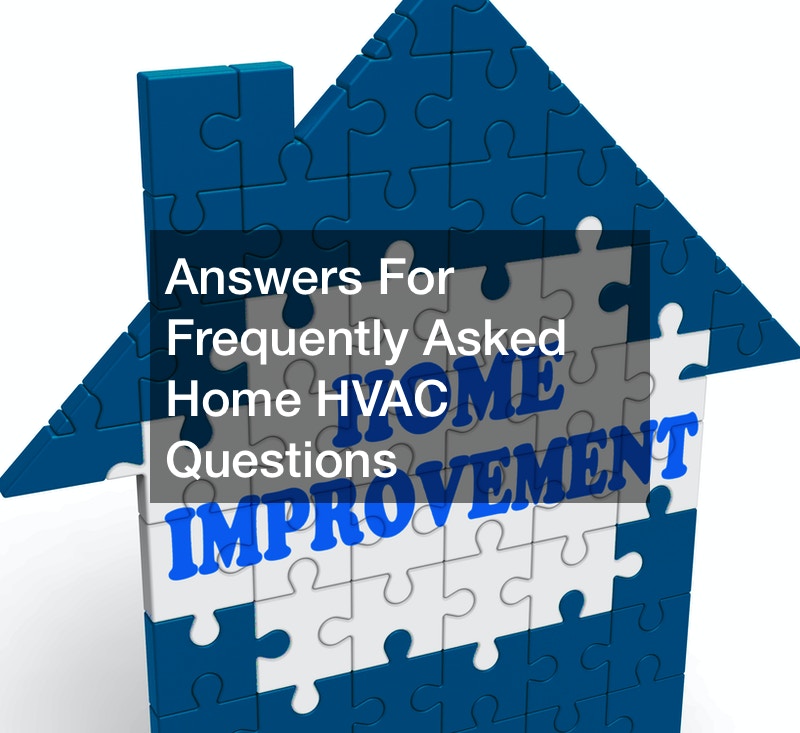
It is important to have a basic understanding of how your air heating and cooling system works. An all air HVAC system will have different needs from all electric HVAC systems, so even if you can’t do the repairs yourself, it is important to know what kind of system you have. That way, you can determine when it is time to call in an expert to help you with the repairs.
An air conditioning service can come to your home or business to repair your HVAC system. While hiring them can be expensive, you should not put off fixing your unit. Otherwise, you might end up with an even bigger repair bill. Or you might need to replace it entirely. All HVAC systems will require a skilled repair person to come in and take care of it. So look around for experts in your area. Other homeowners are a good resource when you’re trying to figure out who would be your best choice to hire. You can talk to them about who they’ve had in to do work. This way, you can be assured that the money you’re spending is going toward good service.

Millions of Americans depend on heating and air conditioning systems for sustaining comfortable indoor climates among their homes. In fact, an estimated 89% of single family homes owned in the U.S. are equipped with central air conditioning systems, with about 74% of these single family homes located in the Western United States. Home heating and cooling systems are mostly crucial for living in most American climates. However, some of these systems can be expensive to run, and extremely difficult to troubleshoot should something go wrong. This post will attempt to teach Americans how to make your home more energy efficient, as well as answer some frequently asked questions in regards to common home heating and cooling issues.
1) Why is my hot water heater not working?
If you’re having issues with shower, bath and sink faucets producing hot water, it’s probably due to your hot water heater not working properly. There are a number of possibilities associated with the hot water heater not working, the most common reason is the gas pilot of the hot water heater being out. Other issues can be due to a faulty gas thermocouple, or a faulty gas pilot control valve. These issues should be inspected and repaired by an HVAC (heating, ventilation, air conditioning) professional.
2) How come my air conditioner is not working?
There are a number of issues that can cause your AC system to not run properly. Many times, central air units develop leaks in the coolant hose. The coolant hose leaks can damage the HVAC system, and cause your air conditioning to malfunction abruptly. Another common reason for AC units to stop working abruptly has to do with the units freezing due to the thermostat being set at too low of temperatures. You should never set your thermostat to anything below 62 degrees when running the AC.
3) What are the available HVAC tax credits?
Purchasing specific Energy Star appliances for your home or business allows you to save money on your federal taxes. You can receive a 10% tax credit of costs up to $500 dollars for Energy Star HVAC appliances, insulation, water heaters, biomass stoves, roofs, windows and doors. You can receive up to 30% of costs on Energy Star geothermal heat pumps, small residential wind-turbines and solar energy systems.
4) what are some AC and central heating energy saving tips?
Ensuring that your HVAC systems are performing at optimal levels is one of the best ways to save energy and save money on your energy bills. Make sure your HVAC system is inspected by a professional every 1-2 years, and change your HVAC air filter every 2-3 months to ensure positive air-flow by avoiding the build-up of dust, debris, and allergens. For added savings on energy bills, consider investing in newer, energy-efficient appliances. If the windows and doors in your home haven’t been inspected or changed in over 10 years, consider having them checked for escaping heat or cool air. Links like this: yourabsolutehomecomfort.com

